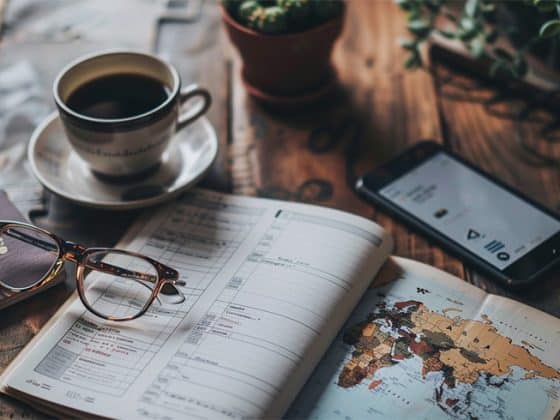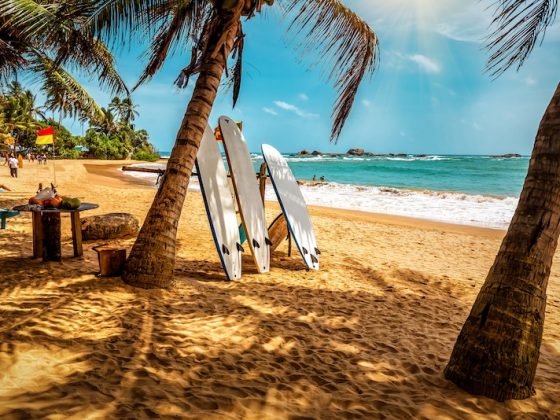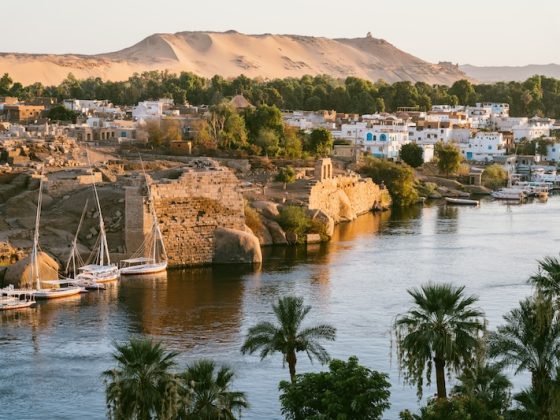The idea that true safety lies in staying put—in building a life, a portfolio, and a future within the confines of one flag—has long guided financial and personal decision-making. But the world has changed. Where once borders offered protection, now they can act as limitations. And in an increasingly volatile global landscape, the most dangerous place to be may be the one where you’re standing still.
Today, resilience doesn’t come from rooting deep into one jurisdiction. It comes from expanding outward—geographically, financially, and legally. Diversifying your life across borders is no longer an eccentric Plan B. It’s a proactive, positive investment in autonomy and opportunity.
A global strategy isn’t just for the ultra-rich. It’s for anyone who wants to preserve freedom, protect wealth, and future-proof their life. This isn’t fear—it’s foresight. And it starts with a single question: where else could you belong?
A New Definition of Risk
Traditional finance defines risk in terms of volatility or credit default. But for individuals tied to a single government or system, risk wears a different face: tax regime changes, asset seizures, frozen accounts, travel restrictions, or abrupt regulatory shifts. It’s the risk of having no alternative, no mobility, and no leverage.
Diversifying across legal systems, currencies, and geographies gives you a strategic buffer. It buys you time to pivot when policies turn punitive or economies collapse. It turns a static position into a dynamic one. And it transforms risk into optionality.
As Samuel Grange, an international asset protection lawyer based in GenevA, put it, “Jurisdictional diversification isn’t about panic. It’s about pacing. It’s about being one step ahead, so you don’t have to run.”
Jurisdictional diversification isn’t about panic. It’s about pacing. It’s about being one step ahead, so you don’t have to run.
Read more like this: Why Every Investor Needs a Plan B Abroad
The Illusion of National Security
Many people rely on their home country for protection and predictability—but history tells a different story. Currency crises, asset freezes, social unrest, and overbearing tax grabs are not theoretical risks. They’re recurring events. And they tend to strike hardest when populations are most complacent. Putting all your life’s value—legal, financial, professional—into one jurisdiction is like investing your entire portfolio into a single stock. It may seem safe, until it’s not.
Security isn’t about staying. It’s about having choices when circumstances shift. If your only bank account, income stream, and legal rights are subject to one government’s decisions, your autonomy is as stable as its policies.

How Diversification Builds Real Stability
When your life is spread across multiple jurisdictions, systems work in your favor. Real estate in Portugal, a banking relationship in Singapore, a passport in the Caribbean, and residency in Panama—that’s not exotic anymore. That’s strategic living.
Diversification mitigates risk by decentralizing control. It offers the ability to move, to reallocate, to change course—without disruption. And when done legally and transparently, it offers peace of mind that no single authority has unchecked influence over your future.
Diversification offers the ability to move, to reallocate, to change course—without disruption.
Financial Tools, Tax Policy, and Global Leverage
Smart investors no longer look at tax in terms of what they pay, but where they pay—and why. Tax policy is a tool of social engineering, and different jurisdictions offer different deals. Territorial systems, non-domicile rules, special expat regimes—there are dozens of structures that can dramatically reduce tax burdens while staying fully compliant.
Combined with international banking, trusts, and legal entities, residency planning allows individuals to design structures that preserve wealth, simplify reporting, and enhance flexibility. When you understand the global toolkit, you no longer play defense. You start building for scale.
Read more like this: Smart, Legal Tax Strategies Through Offshore Banking
A Form of Risk Insurance
Residency is more than permission to stay. It’s access—to systems, services, legal protections, and escape routes if needed. A second residency or passport can mean the difference between being locked in and being free to go.
Whether acquired through investment, income, or ancestry, global residency options are expanding. Many countries now offer digital nomad visas, passive income residencies, or fast-track golden visas. These aren’t loopholes—they’re lifelines. And they’re becoming part of the new wealth strategy.
“Residency is legal infrastructure,” says Rafael di Mateo, a mobility consultant in Spain. “It’s not glamorous, but when things go wrong, it’s what stands between you and the consequences.”
Residency is more than permission to stay. It’s access—to systems, services, legal protections, and escape routes if needed.
Banking Across Borders
Cross-border banking has moved from luxury to necessity. With rising capital controls, unstable financial systems, and surveillance legislation, banking in one country alone can expose your assets to political risk.
Holding funds in multiple currencies, across different regulatory zones, reduces systemic exposure. It ensures that liquidity remains available when domestic systems falter. And when combined with proper compliance, it builds a transparent shield around your capital.
Multi-jurisdictional banking allows you to live globally, earn flexibly, and invest wisely. It also creates a financial identity that isn’t wholly dependent on one jurisdiction’s rules.
Read more like this: A Practical Guide to Offshore Banking
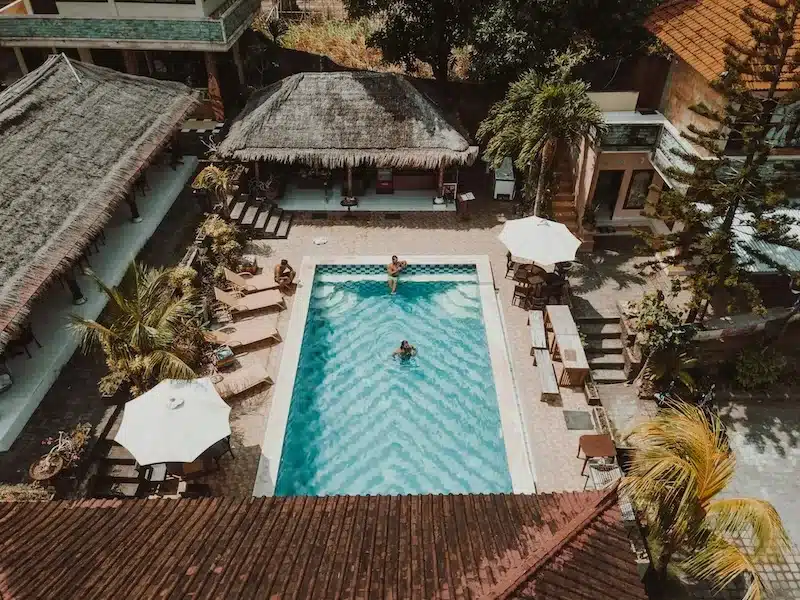
Currency, Inflation, and Financial Resilience
Currencies rise and fall, often in unpredictable waves. Being overly dependent on a single one can expose you to slow, silent erosion. Inflation may not always announce itself in headlines—it eats away at purchasing power, at savings, at the value of your future. By the time you feel it, the damage is often done.
Spreading your savings across hard currencies—or into real assets globally—offers a hedge not just against volatility, but against decay. You’re not betting on any one winner. You’re building a diversified position that lets you remain agile, even when markets behave irrationally.
Some investors hold U.S. dollars, Swiss francs, and Singapore dollars in tandem. Others diversify through property or commodities in stable jurisdictions. The strategy depends on your needs, but the principle is constant: when your wealth lives in multiple places, it becomes harder for any one government, central bank, or crisis to control your fate.
The goal isn’t to predict markets. It’s to be positioned so that no one market can dictate your outcome. This isn’t about hiding wealth—it’s about safeguarding value.
Beyond The Financial
Geographic flexibility isn’t just a tax strategy—it’s a life strategy. Different countries offer different levels of healthcare access, education quality, rule of law, and digital infrastructure. These are not luxuries. They’re the conditions that shape how freely, safely, and fully you can live.
When crises hit—be it pandemics, natural disasters, or policy overreach—it’s often the quality of infrastructure and services that determines outcomes. Medical care, internet stability, legal recourse: these matter. And they differ widely across borders.
Read more like this: How to Choose Your Investment Destination
Some countries provide universal healthcare with world-class outcomes. Others charge a premium or ration services. If you’re living globally, it pays to know where you can get treated, where your children can study, and where you can build a life supported by systems that function.
For many, Plan B has become Plan A—because once you’ve tasted the stability, affordability, or efficiency of another system, going back feels like settling.
For many, Plan B has become Plan A—because once you’ve tasted the stability, affordability, or efficiency of another system, going back feels like settling.
Legal Identity as Asset
A second passport or permanent residency is more than a document—it’s a key. It opens doors to healthcare, education, real estate, mobility, and opportunity. It also acts as a shield, protecting against the limitations and risks of a single-state identity.
In a time when travel restrictions, banking limitations, and political tensions can affect access, your legal identity shapes your options. Citizenship diversification allows you to control the narrative, to respond instead of react.
Governments may claim your allegiance. But your ability to live, move, and act on your own terms—that’s the real measure of sovereignty.
Read more like this: 15 Proven Global Strategies to Protect Your Wealth
Staying in one place can narrow not only your opportunities, but your worldview. Exposure to different systems, cultures, and governance models expands your understanding of how freedom, prosperity, and resilience actually function.
From educational innovation in Scandinavia to healthcare models in Southeast Asia, the world is full of functional alternatives. Understanding these systems—and being able to access them—is a hidden asset of global living.
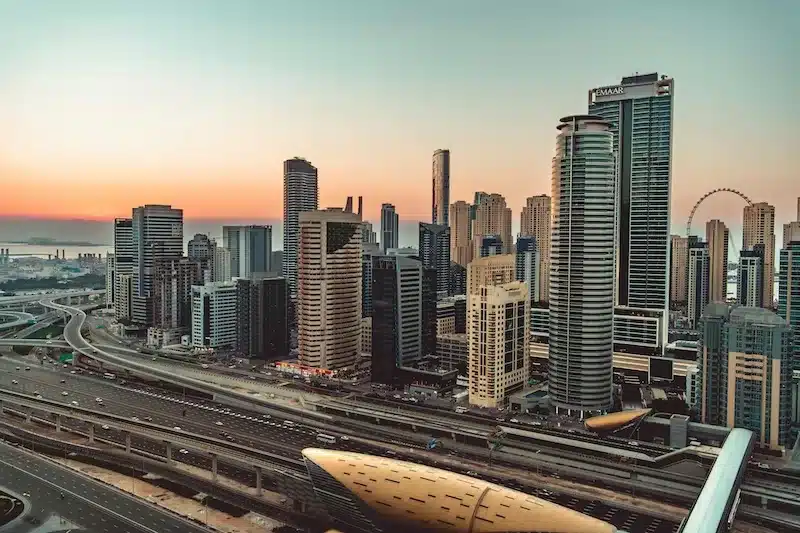
Building A Global Legacy
We often think of legacy in terms of wealth. But jurisdictional diversification allows you to pass down more than money—it allows you to pass down access. Your children may inherit not just a portfolio, but the right to live, work, or study in another country. That’s a kind of wealth no market crash can touch.
A multi-jurisdictional life gives the next generation options. And in an uncertain world, options are the most valuable inheritance of all.
These options can be legal—through second passports, residencies, and cross-border assets—or cultural, giving your children the perspective and networks that come from truly global exposure. You’re not just future-proofing their finances. You’re future-proofing their worldview.
As global mobility continues to rise, legacy planning will include questions like: Where will my children be safest? Where can they access opportunity? Where can they build, not just inherit?
Global diversification doesn’t require millions. It requires intention.
Starting Small, Thinking Big
Global diversification doesn’t require millions. It requires intention. It might begin with opening a foreign currency account, applying for a digital nomad visa, or buying property in a country with favorable residency terms.
From there, you build. A structure. A safety net. A life less dependent on the mood of any single government or central bank. One decision leads to the next. And before long, you’re not just protected—you’re empowered.

Expansion, Not Escape
This conversation isn’t about fleeing, but stepping into the fullness of what modern mobility makes possible. The world is bigger than one system, one set of rules, and one definition of security. And your life can be too.
Jurisdictional diversification is not a hedge against fear—it’s an investment in freedom. It’s the strategic, lawful, and increasingly necessary act of decentralizing control over your future. Not to reject your home country, but to enhance your autonomy within—and beyond—it.
In a world where the ground is always shifting, the best foundation is one built in multiple places. Because the greatest financial risk isn’t what you don’t know. It’s being stuck when you need to move.
If you’re considering traveling or moving abroad, be sure to explore your healthcare options. Visit International Citizens Insurance to learn more and get a free quote.

